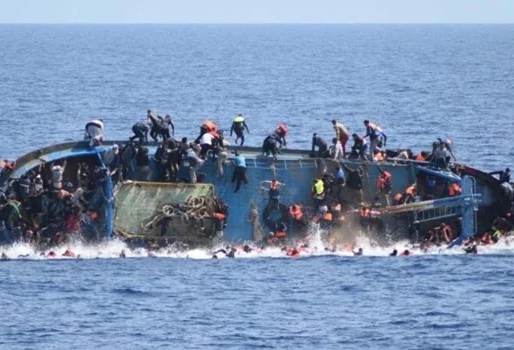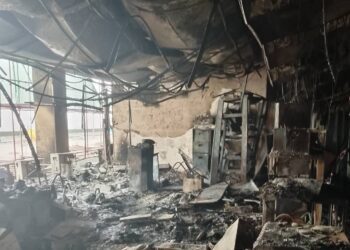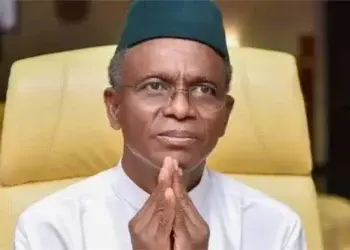Over 50 migrants attempting to reach Spain by boat from West Africa have drowned, migrant rights group Walking Borders said on Thursday.
Moroccan authorities on Wednesday rescued 36 people from a boat that had departed from Mauritania on Jan. 2, the group based in Madrid and Navarra said.
The boat had carried 86 migrants, including 66 Pakistanis.
According to the group, around 10,457 migrants, or 30 people a day, died trying to reach Spain in 2024.
“Most died while attempting to cross the Atlantic route from West African countries such as Mauritania and Senegal to the Canary islands,’’ it said.
The rights group said it had alerted authorities from all countries involved six days ago about the missing boat.
Alarm Phone, an NGO that provided an emergency phone line for migrants lost at sea, said it had alerted Spain’s maritime rescue service on Jan. 12.
The service said it did not have any information about the boat.
Citing the Walking Borders’ post on social media platform X, the Canary Islands’ regional leader Fernando Clavijo expressed his sorrow for the victims and urged Spain and Europe to act to prevent further tragedies.
“The Atlantic cannot continue to be the graveyard of Africa,” Clavijo said on X.
“They cannot continue to turn their backs on this humanitarian drama.”
Walking Borders CEO Helena Maleno said on X that 44 of those who drowned were from Pakistan.
“They spent 13 days of anguish on the crossing without anyone coming to rescue them,” she said. (Reuters)











